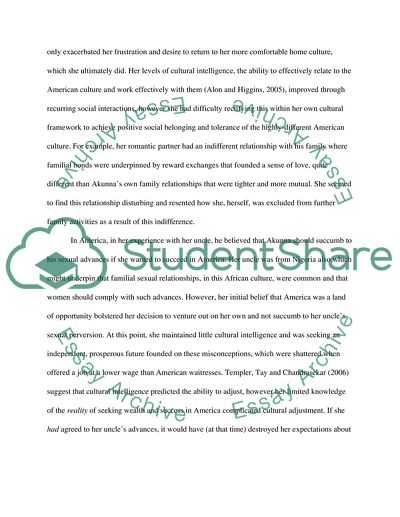Cite this document
(Culture Shock of the American Environment Case Study, n.d.)
Culture Shock of the American Environment Case Study. Retrieved from https://studentshare.org/creative-writing/1878260-culture-diversity
Culture Shock of the American Environment Case Study. Retrieved from https://studentshare.org/creative-writing/1878260-culture-diversity
(Culture Shock of the American Environment Case Study)
Culture Shock of the American Environment Case Study. https://studentshare.org/creative-writing/1878260-culture-diversity.
Culture Shock of the American Environment Case Study. https://studentshare.org/creative-writing/1878260-culture-diversity.
“Culture Shock of the American Environment Case Study”, n.d. https://studentshare.org/creative-writing/1878260-culture-diversity.


